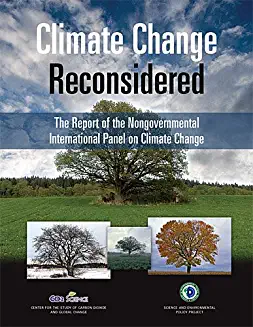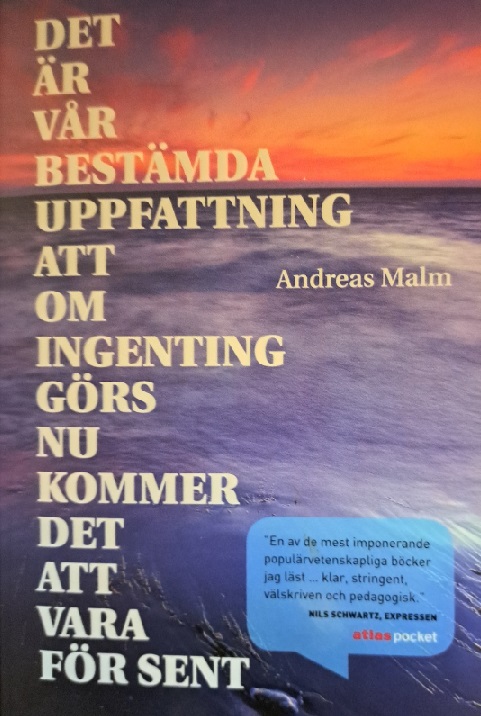To provide the best experiences, we use technologies like cookies to store and/or access device information. Consenting to these technologies will allow us to process data such as browsing behavior or unique IDs on this site. Not consenting or withdrawing consent, may adversely affect certain features and functions.
The technical storage or access is strictly necessary for the legitimate purpose of enabling the use of a specific service explicitly requested by the subscriber or user, or for the sole purpose of carrying out the transmission of a communication over an electronic communications network.
Den tekniska lagringen eller åtkomsten är nödvändig för det legitima syftet att lagra inställningar som inte efterfrågas av abonnenten eller användaren.
The technical storage or access that is used exclusively for statistical purposes.
Den tekniska lagringen eller åtkomsten som används uteslutande för anonyma statistiska ändamål. Utan en stämningsansökan, frivillig efterlevnad från din Internetleverantörs sida, eller ytterligare register från en tredje part, kan information som lagras eller hämtas endast för detta ändamål vanligtvis inte användas för att identifiera dig.
The technical storage or access is required to create user profiles to send advertising, or to track the user on a website or across several websites for similar marketing purposes.









Ett perfekt uppdrag för RiksRevisionen att granska när det gäller av skattebetalarna avlönade stolpskott som solar sig i Mexico…
Fler som vill sko sig :
Matt Ridley: Acid Oceans And Acid Rain
Friday, 05 November 2010 08:22 Matt Ridley
I have an article in The Times today (behind a paywall) on ocean acidification. Here’s the gist:
Today in Beijing an alliance of scientists called Oceans United will present the United Nations with a request for $5 billion a year to be spent on monitoring the oceans. High among their concerns is ocean acidification, which `could make it harder for animals such as lobsters, crabs, shellfish, coral or plankton to build protective shells’.
As opinion polls reveal that global warming is losing traction on the public imagination, environmental pressure groups have been cranking the engine on this `other carbon dioxide problem’. `Time is running out’ wrote two activists in Scientific American in August, `to limit acidification before it irreparably harms the food chain on which the world’s oceans – and people – depend.’
The trouble is, a shoal of new scientific papers points to the conclusion that this scare is based on faulty biochemical reasoning, unrealistic experiments and exaggeration.
We have been here before. In 1984, acid rain was the environmental scare of the day. As the science correspondent of The Economist, I wrote: `Forests are beginning to die at a catastrophic rate. One year ago, West Germany estimated that 8% of its trees were in trouble. Now 34% are…that forests are in trouble is now indisputable.’ Experts told me all Germany’s conifers would be gone by 1990 and the Federal Ministry of the Interior predicted all forests would be gone by 2002.
Bunk. Acid rain (though a real phenomenon) did not kill forests. It did not even damage them. Scientists eventually admitted that forests thrived in Germany, Scandinavia and North America during the 1980s and 1990s, despite acid rain. I was a gullible idiot not to question the conventional wisdom I was being fed by those with vested interests in alarm.
Talking of vested interests, the European Project on Ocean Acidification (EPOCA) is now a consortium of over 100 scientists from 27 institutes and 9 countries. This last summer it funded 35 scientists to spend six weeks in the Arctic studying the problem, `assisted’ by Greenpeace’s ship Esperanza. Think how little incentive the scientists would have to say `sorry, lads, we realize it is a not much of an issue after all’.
Start with a few facts. The oceans are not acid but alkaline, with an average pH of about 8.15 (0-7 being acid, 7-14 being alkaline). But they vary both in space and time, Arctic seas being less strongly alkaline than tropical, and some bays and reefs being actually acid because of underwater volcanic emissions. The dissolution of carbon dioxide in the oceans may lower the pH slightly to about 7.9 or 7.8 by the end of the century at the worst – still alkaline.
Environmentalists like to call this a 30% increase in acidity, because it sounds more scary than a 0.3 point (out of 14) decrease in alkalinity, but no matter. It is still well within the bounds of normal variation over space and time: the pH of the water intake at the Monterey aquarium varies by almost twice as much as this every month. The difference between the pH of the seas off Hawaii and Alaska is greater than this.
Enough numbers. Try chemistry. The scary reasoning rests on the argument that lower pH will mean less dissolved carbonate in the water. But a new paper from scientists in North Carolina proves what many scientists have long suspected, namely that corals and other species do not use carbonate as raw material to make their shells; they use bicarbonate. And dissolving carbon dioxide in water actually increases bicarbonate concentrations.
This may explain why study after study keeps finding that far from depressing growth rates of marine organisms, high but realistic levels of carbon dioxide either do not affect them or increase them. By far the most important calcifiers in the oceans are plankton called coccolithophores, which account for about a third of the total marine calcium carbonate manufacture. There is now strong evidence that coccolithophores are growing faster and larger as a result of human carbon dioxide emissions. Stands to reason if they use bicarbonate.
Studies of oyster sperm, cuttlefish eggs, juvenile sea stars, coral polyps and krill all point to the same conclusion: damage only occurs when carbon dioxide levels reach ludicrous levels, not expected for many centuries. A new study of plankton concluded: `Thus, both of the investigated coastal plankton communities were unaffected by twenty-first century expected changes in pH and free CO2.’
When I voiced some of these doubts in my book The Rational Optimist, I was accused of cherry-picking studies. All right, so let’s take a look at a `meta-analysis’, that is to say a comprehensive paper summarising all relevant studies. Iris Hendriks and Carlos Duarte of the Spanish Council for Scientific Research found that in 372 studies of 44 different marine species `there was no significant mean effect’ from lower pH. They concluded that the world’s marine biota are `more resistant to ocean acidification than suggested by pessimistic predictions’ and that ocean acidification `may not be the widespread problem conjured into the 21st century.’
Before I started looking into this, I assumed the evidence for damage from ocean acidification must be strong because that is what the media kept saying. I am amazed by what I have found. Make no mistake: there are lots of threats to the ecosystems of the ocean, from over-fishing to nutrient run-off, but acidification is way down the list. The attention is deflecting funds and action from greater threats. It is time scientists had the courage to admit this.
The Rational Optimist, 4 November 2010
Nu blir jag nyfiken. Peter undrar ”Spot the scientist”. Hur känner man igen en forskare nuförtiden?
På kläderna Thomas. Hon med röda tröjan är bergis forskare. 😉
Cancun har väl inget med forskare att göra, det är bara ett politiskt spel.
Thomas – det finns en till höger på denna sida:
http://tvtropes.org/pmwiki/pmwiki.php/Main/MadScientist
Här några ’bra-dåliga’ vibbar:
http://www.youtube.com/watch?v=Vx-t9k7epIk&feature=player_embedded
Mvh/TJ
Nu har jag sett och lyssnat på den flera ggr TJ och jag hittar nya lustigheter varje gång. Fantastiskt underhållande. 😀 Dessutom är låten en gammal favvis.
The Monkeys, världens första pojkband sägs det. Vad mer kan man begära!
O.P. #8: Visst är den bra, nedranns bra! Lade ut den i denna tråd oxo [dubbelpostning, aj-aj..] för vidare [max] spridning. Låten har bra chanser att slå ’The Decline…”, with a little help from my friends…
http://www.youtube.com/watch?v=8y2RHMGqbWk
Mvh/TJ
Bättre än 9:an:
http://www.youtube.com/watch?v=_wG6Cgmgn5U&feature=related
Mvh/TJ
Här finns oxo dåliga vibbar – om än med viss ’bäring’ mot nåt annat.. måhända ändå värre:
http://www.politico.com/news/stories/1110/44708.html
Mvh/TJ
ThomasJ #7
🙂 🙂 🙂 🙂 🙂 av fem möjliga.
L { 11.05.10 at 12:27 }
l #1
”Ett perfekt uppdrag för RiksRevisionen att granska när det gäller av skattebetalarna avlönade stolpskott som solar sig i Mexico”…
Denna möjlighet har berörda lagstiftare garderat sig mot.
Riksrevisiorer rekryteras från regeringskansliet.